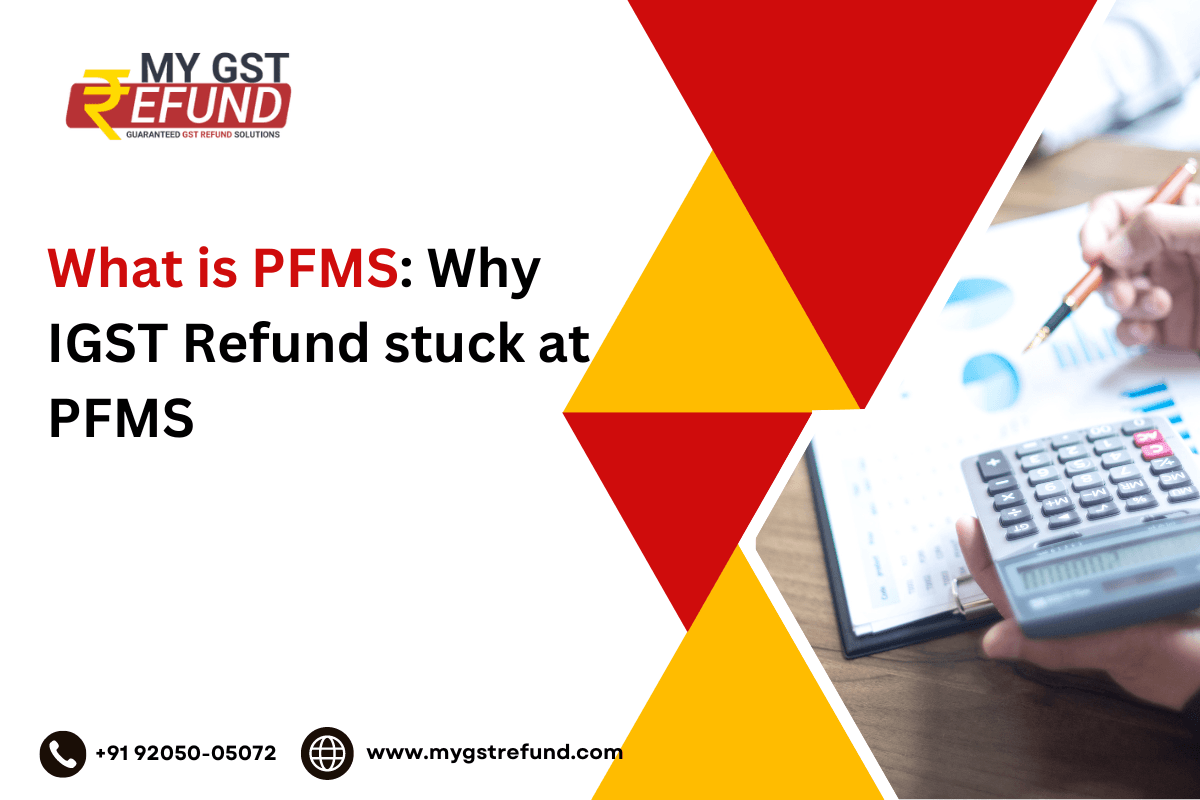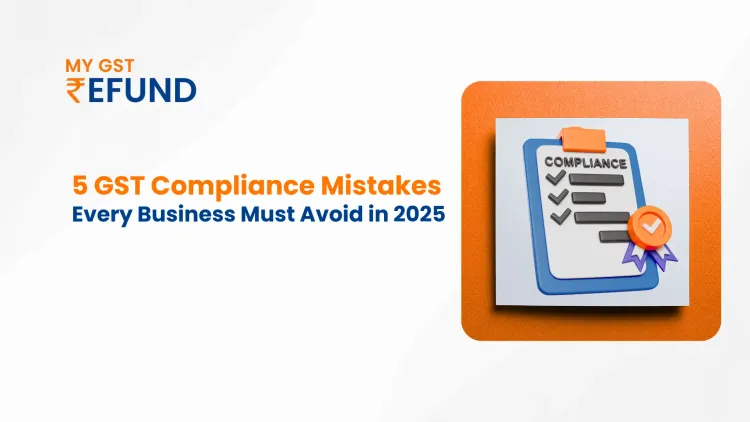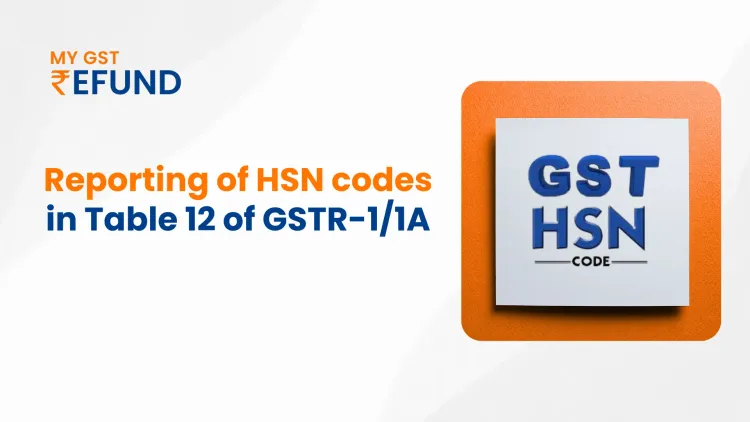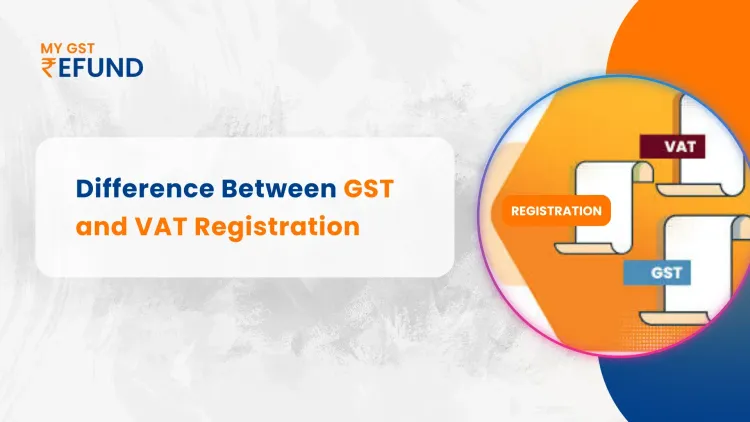What is PFMS and why IGST Refund stuck at PFMS?
Published on: Fri Dec 08 2023
Introduction:
In the era of financial digitization, the Public Financial Management System (PFMS) has emerged as a linchpin in the Government of India's efforts to modernize financial processes. This comprehensive guide aims to unravel the intricacies of PFMS, shedding light on its fundamental role, while also delving into the common concerns surrounding Integrated Goods and Services Tax (IGST) refund delays associated with PFMS.
Understanding PFMS: A Pillar of Financial Modernization:
PFMS, or the Public Financial Management System, stands tall as a centralized financial management platform designed by the Government of India. Its purpose is clear — to provide transparency and accountability in the disbursement and tracking of funds under various government schemes. Acting as a digital backbone, PFMS ensures real-time monitoring of funds from initiation to the end beneficiary.
IGST Refund Process: A Nexus with PFMS:
In the labyrinth of the Goods and Services Tax (GST) system, the IGST refund process holds immense significance, particularly for businesses engaged in cross-border transactions. As goods and services traverse state or international borders, IGST is levied. The subsequent refund process involves meticulous steps, with PFMS playing a pivotal role in the crucial disbursement phase.
Why IGST Refunds Encounter Hurdles at PFMS:
While PFMS is a robust platform, certain factors can contribute to delays in the IGST refund disbursement, causing businesses to question the efficiency of the system. Understanding these factors is essential for businesses to navigate potential challenges effectively:
Data Discrepancies:
Inaccuracies or inconsistencies in the information submitted by businesses during the IGST refund claim process can be a bottleneck. Ensuring meticulous accuracy in submitted details is imperative to avoid delays.
Verification Process:
PFMS undertakes a rigorous verification process to safeguard against fraudulent claims and to ensure the precision of refund disbursements. This scrutiny, though necessary, can contribute to processing delays.
Technical Glitches:
No technological system is immune to glitches, and PFMS is no exception. Technical issues or system downtimes can impede the smooth functioning of the disbursement process, leading to delays in IGST refunds.
Addressing IGST Refund Delays: FAQs for Businesses:
Q1: How can businesses expedite the IGST refund process?
A: Businesses can expedite the process by ensuring meticulous documentation during the refund claim. Regularly reconciling GST returns and promptly addressing any discrepancies can significantly contribute to a smoother process.
Q2: What is PFMS's role in the refund disbursement timeline?
A: PFMS acts as a crucial intermediary, overseeing the validation and processing of IGST refund claims. It ensures that the disbursement aligns with established norms and regulations.
Q3: What are common mistakes leading to IGST refund delays?
A: Common mistakes include providing incorrect bank account details, discrepancies in invoice information, or not responding promptly to communications from tax authorities.
Q4: Can businesses track the status of their IGST refund through PFMS?
A: Yes, businesses can use the PFMS portal to track the status of their IGST refund. Regularly monitoring the status ensures that any discrepancies or delays are promptly addressed.
Q5: How often does PFMS undergo system maintenance, and how does it impact IGST refunds?
A: PFMS undergoes scheduled maintenance periodically. While efforts are made to minimize disruptions, businesses should be aware of maintenance schedules as they may temporarily impact the processing of IGST refunds.
Conclusion:
In navigating the complexities of the GST framework, understanding the nuances of PFMS and its role in the IGST refund process is paramount. Businesses, in collaboration with government entities, can proactively address challenges by ensuring accuracy in documentation, prompt responses to queries, and a commitment to GST compliance. By fostering a symbiotic relationship, businesses and the government can collectively contribute to a seamless and efficient tax ecosystem in India.
Related Posts







